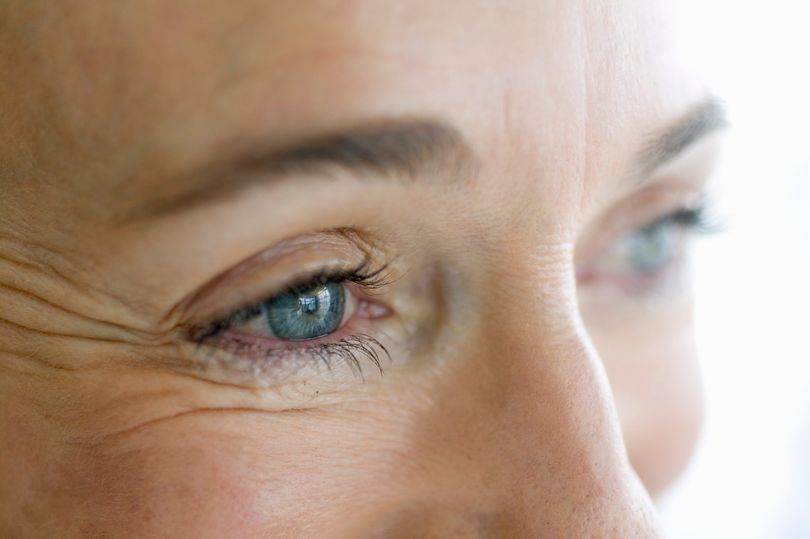Did you know your eyes age faster than you do – or, at least, the retina does? That’s the area at the back of the eye where images focus, and your retinal cells detect both black and white images and colour.
Over the age of 40 your eyes don’t tend to function as well.
Professor Glen Jeffery of UCL Institute of Ophthalmology is searching for a way of averting this decline, decided to try a “reboot” of the ageing retina with short bursts of
long wave red light.
He found that looking at deep red light for three minutes a day can rejuvenate the retina and improve eyesight. These findings could presage home-based eye therapies to combat declining vision.
Professor Jeffery says: “Your retinal sensitivity and your colour vision are both gradually undermined, and with an ageing population, this is an increasingly important issue.”
Around the age of 40, cells in the eye’s retina begin to age, and the pace of this ageing picks up when the retina can no longer produce enough energy to function.
Researchers had previously found that red light improves sight in mice, bumblebees and fruit flies. The light receptors in the retina come in two types – cones, which detect colour vision and rods, which give peripheral vision and vision in low/dim light.
In the study, 24 people (12 male, 12 female), aged between 28 and 72, were first tested for the sensitivity of their rods and cones.
All participants were then asked to look into a deep red light beam from an LED torch for three minutes a day for two weeks. They were then retested for their rod and cone sensitivity.
The red light didn’t affect people under 40 but there were significant improvements in those around 40 years and over.
In these people the ability to detect colours improved by up to a fifth.
There were more significant improvements in the blue part of the colour spectrum and the ability to see in low light also improved significantly.
Professor Jeffery said: “Our study shows it is possible to significantly improve vision that has declined in aged individuals, using simple brief exposures to light wavelengths that recharge the energy system that has declined in the retina cells, rather like recharging a battery.”
He explained the technology is simple and safe.
And the cost of the device is a snip at £12 and easy to use.

